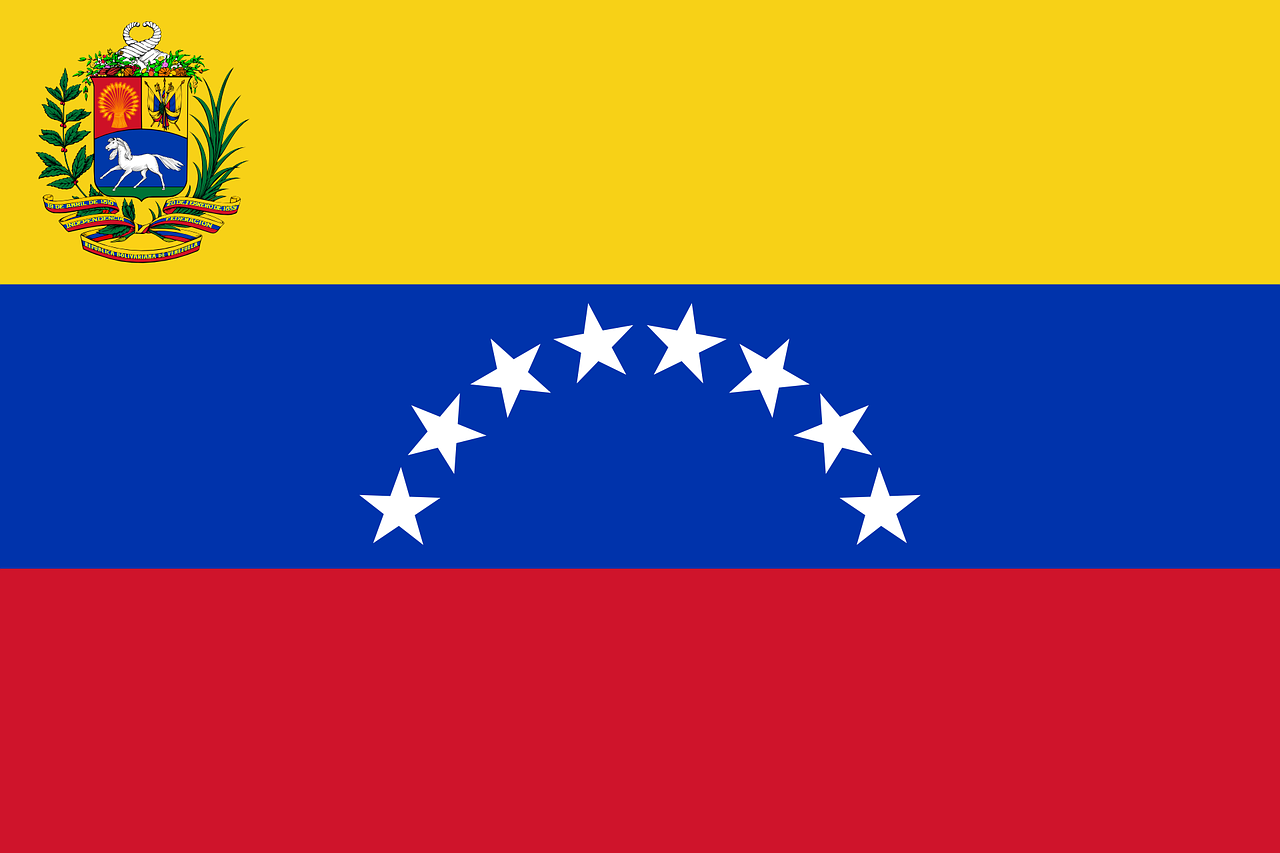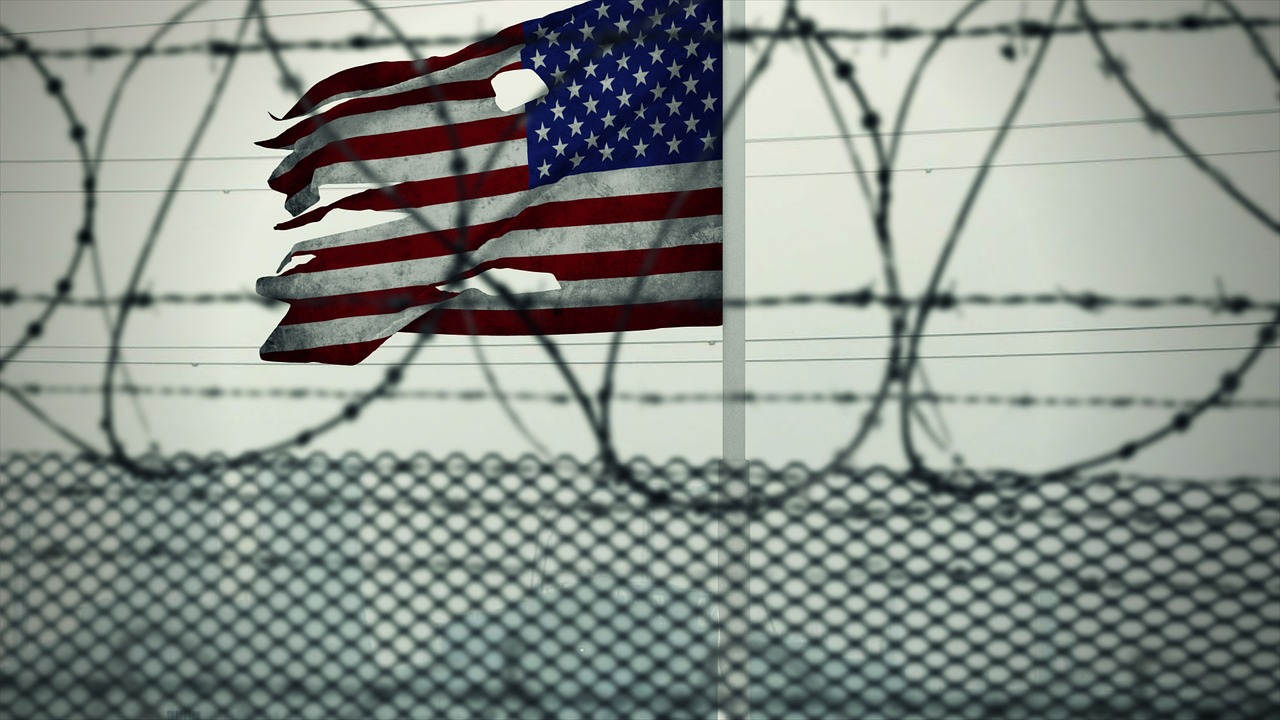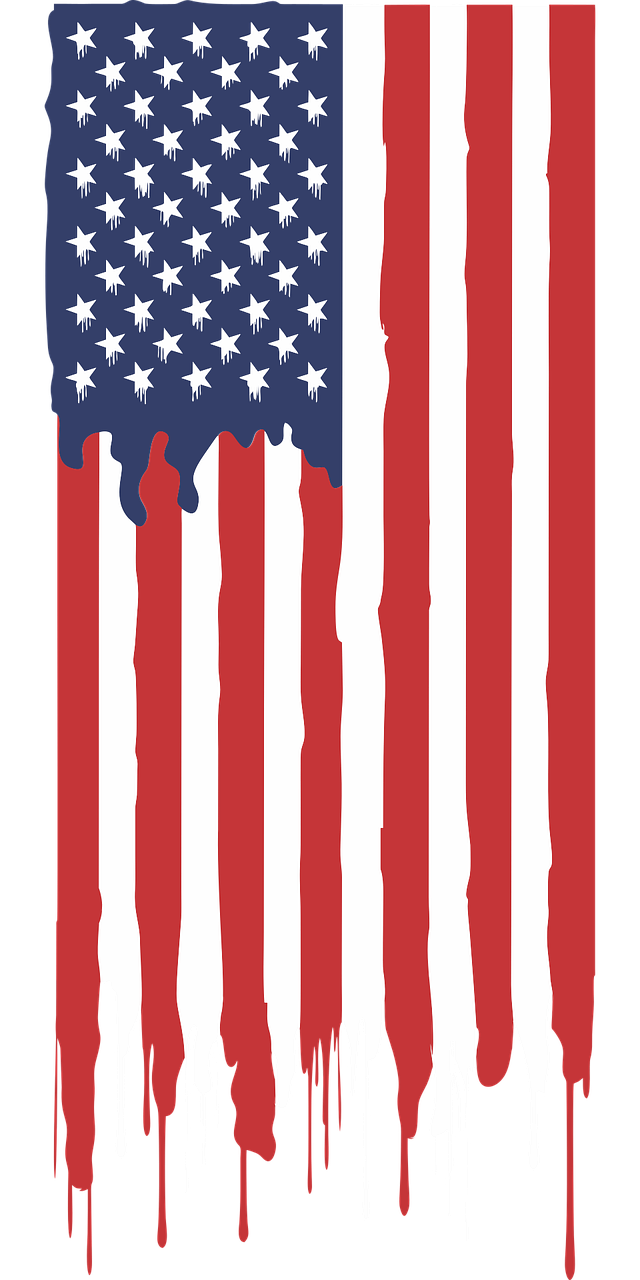 The H-1B FY 2026 cap season is now in full swing!
The H-1B FY 2026 cap season is now in full swing!
Yesterday, the U.S. Citizenship and Immigration Services (USCIS) formally announced that the initial registration period for the FY 2026 cap season will open on March 7th at noon Eastern time and run through March 24th at noon eastern time.
Those who participated in the FY 2025 H-1B cap season may recall that there was a decrease in the number of registrations submitted (479,953) when compared to FY 2024 (780,884). Of the 479,953 total registrations submitted in FY 2025, only 470,342 were eligible to participate in the lottery.
Additionally, a total of 135,137 registrations were selected in FY 2025, compared to 188,400 in FY 2024.
H-1B FY 2026 Cap Registration Important Dates
- February: Petitioners and registrants can begin creating H-1B registrant accounts at noon Eastern.
- March 7: H-1B registration period opens at noon Eastern.
- March 24: H-1B registration period closes at noon Eastern.
- March 31: Date by which USCIS intends to notify selected registrants.
- April 1: The earliest date that FY 2026 H-1B cap-subject petitions based on the registrations selected during the initial FY 2026 selection period may be filed.
FY 2026 Cap Season Highlights
- FY 2026 H-1B cap petitioners or their representatives must register using their USCIS online accounts by the deadline of March 24th at noon ET to participate in the computer-generated lottery
- The H-1B registration fee for each electronic registration is $215 U.S. dollars (per beneficiary)
- H-1B cap selections will not take place until the initial registration period closes, so there is no requirement to register on the day the initial registration period opens
- Legal representatives and registrations will need to wait until March 7 to enter beneficiary information and submit the registration with the associated fee
For more information about how to create a USCIS online account, please click here.
 Visa Lawyer Blog
Visa Lawyer Blog











